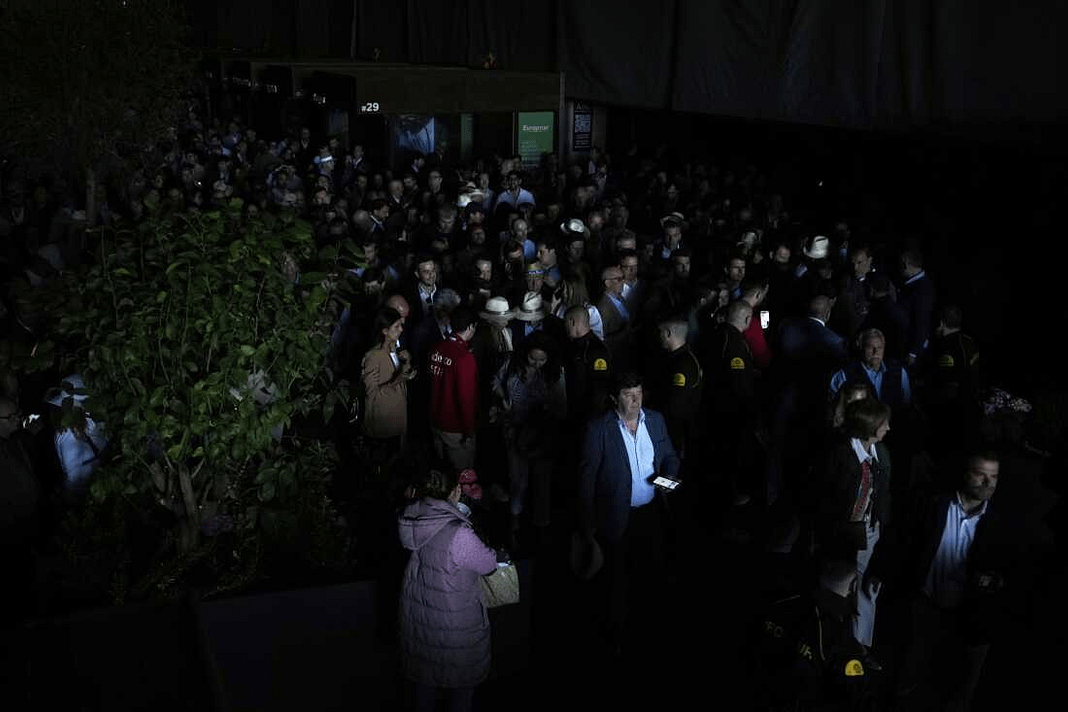1. The Blackout: A Modern-Life Meltdown
- Scope: Entire Iberian Peninsula + SW France.
- Time: 11:33 AM (Portugal) to 12:30 PM (Spain) local time.
- Impact:
- Transport: Metro shutdowns, 11 stranded trains in Spain, 140+ flight cancellations.
- Daily Life: Traffic lights dead, ATMs offline, Madrid firefighters rescuing 286 elevator traps.
- Economy: Auto plants (VW, Ford) halted—potential $2.3M/hour losses.
My Take:
This was a brutal reminder of how fragile our tech-dependent lives are. Even Spain’s renewable energy leadership (56% green power4) couldn’t prevent a grid collapse.
2. The Culprit Debate: Science vs. Grid Gaps
(1) Official Theory
- Portugal’s REN blamed “induced atmospheric vibration” from Spanish temperature swings.
- Spanish PM Sánchez ruled nothing out but found no cyberattack evidence.
(2) Expert Skepticism
- Prof. Solomon Brown (Sheffield) noted such events usually require multiple failures.
- Imperial College experts warned interconnected grids amplify risks.
My Take:
“Atmospheric vibration” sounds like sci-fi, but the real plot twist? Europe’s energy interdependence might be its Achilles’ heel.
3. Recovery & Response
| Country | Progress | Actions |
|---|---|---|
| Spain | 99.16% restored by 29 Apr | Emergency security council convened |
| Portugal | Grid “perfectly stable” by 29 Apr | Hospitals on backup power |
EU Role: VP Teresa Ribera called it “one of Europe’s gravest outages”.
4. The Green Energy Dilemma
- Irony: Spain’s 56% renewable electricity couldn’t prevent instability.
- Solution: Bruegel’s Georg Zachmann urged investment in flywheels, smart grids.
My Take:
This blackout is a wake-up call: Cheaper solar/wind won’t matter if the grid can’t handle the swings.
5. Conclusion
While power is returning, the outage exposed cracks in Europe’s energy strategy—balancing renewables and resilience is now urgent.































